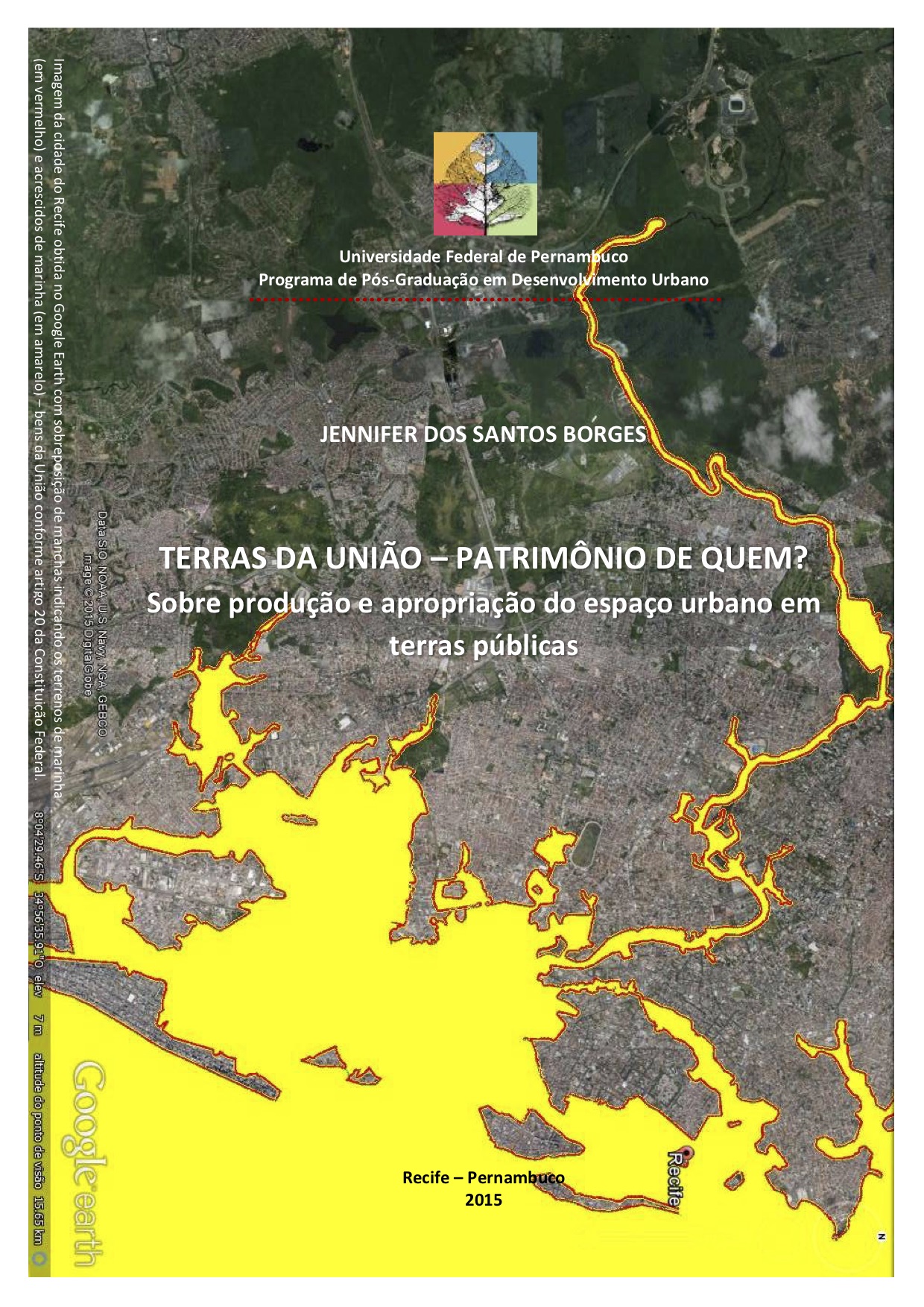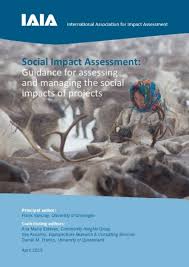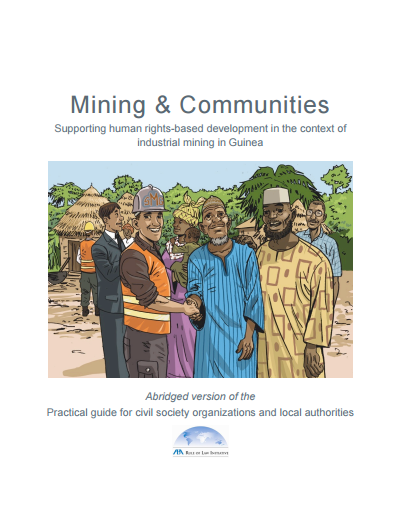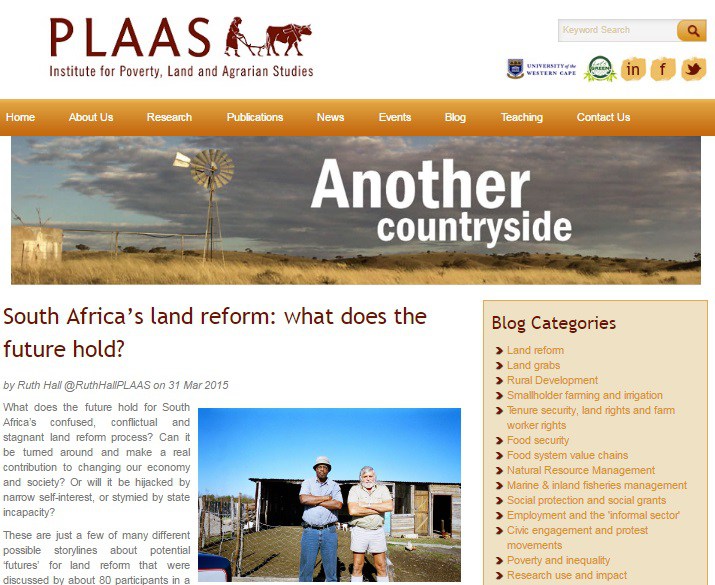Securing Customary Land Rights in Sub-Saharan Africa
The purpose of this paper is to describe and critically examine newer alternative approaches to the securitization of customary land rights in Sub-Saharan Africa with particular emphasis on certain challenges which need to be tackled in order for these to have an inclusive and equitable outcome at the local level. The content of the paper is primarily based on a literature review though the challenges identified with these new approaches are based on observations from the author’s own on-going research on the land tenure reform in Mozambique.










